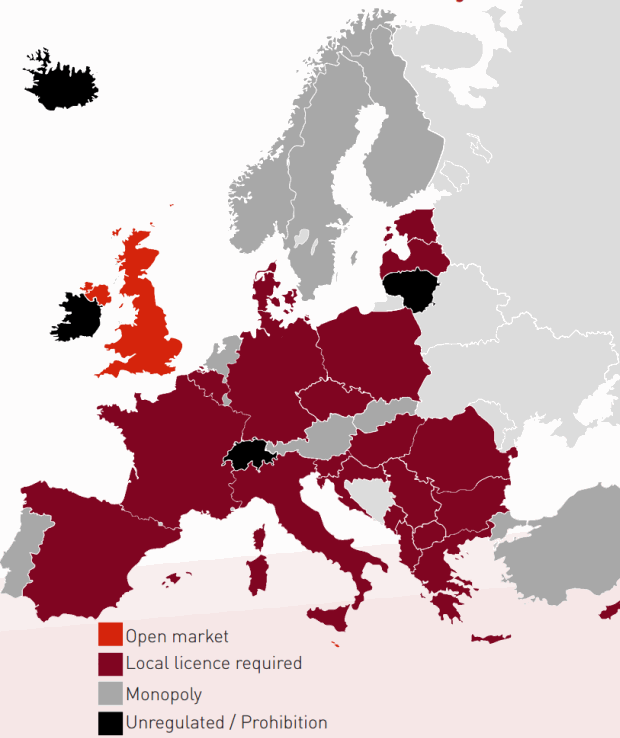Is Online Gambling Illegal

There is no federal law against placing a wager online. So, you can legally place a bet online. However, a wager must not be placed on a site located in the United States. There is a small chance players might run afoul of state law, but there is little chance of prosecution. The federal law of the United States does not explicitly state that gambling, whether online or physical is Illegal. This makes it somewhat legal because it is not conclusive. It is possible to be found wanting before state laws, but prosecution is almost non-existent or very minimal.
Is online gambling legal or illegal?
- Online Gambling To Be Illegal The U.S. Justice Department’s decision to expand a federal prohibition on internet gambling will cast a pall on the industry as businesses and state lotteries evaluate.
- Our Guide to USA Online Gambling First and foremost: online gambling is legal in the USA.
In the U.S., online gambling is federally illegal. In the states of Mississippi, Louisiana and Texas, online sports betting is illegal, while other types of online gambling are legal.
Federal and state laws for online gambling
Currently, internet and online gambling in the United States falls under the jurisdiction of both state and federal laws. In the past, all gambling laws have been a matter of state law, which vary considerably among the states. To make things clear, The Department of Justice has said all online gambling is illegal. This judgment is based on the Wire Act of 1961, which makes it illegal to bet online. However, the law is highly subject to interpretation and is nearly impossible to enforce. This is because nearly 80 other countries allow wagers online. So, people find ways to get around state and federal laws that make online gambling illegal.
How people get around online gambling laws
1. Taking bets on a server located outside state or US jurisdiction.
Although federal law recognizes the wide variations among state gaming laws and seeks to ensure that people cannot get around state statutes, people still circumvent the law. Internet gambling typically occurs through interstate or international means, with a website located in one state or country and the gambler in another. In fact, most internet gaming websites are located in other countries where it’s legal for them to operate. (The U.S. government maintains that it’s not legal for them to serve U.S. players, but that’s another story.) So when online gambling takes place within one state where it is legal, that state law officially predominates although the gambler may be breaking the law in his/her home state.
2. Online gamblers go under the radar
Although online gambling is illegal in the U.S., gamers rely on the lack of internet tracking tools by governments and also on the fact that they are the “little fish” in a big pong. State attorney generals generally go after internet gambling entities or institutions that facilitate gambling over the internet, and not the players themselves. This makes sense on a systemic level. Going after financial groups that process gambling transactions for big online poker companies or betting communities makes more of an impact than going after the users themselves. The idea is to stop gaming on the supply end, rather than affect the demand.

3. Legal loopholes for online gambling
The Supreme Court has not yet ruled on the meaning of the Federal Wire Act as it applies to online and internet gambling. However, the U.S. Fifth Circuit Court of Appeals with jursidiction in Mississippi, Louisiana and Texas, has ruled that the Wire Act applies only to sports betting and not other types of online gambling, thus setting a legal precedent in the industry.
Reference source: Special research help and thanks to Marilyn Lancelot
U.S. House of Representatives 2002 Interim Report on Internet Gambling


